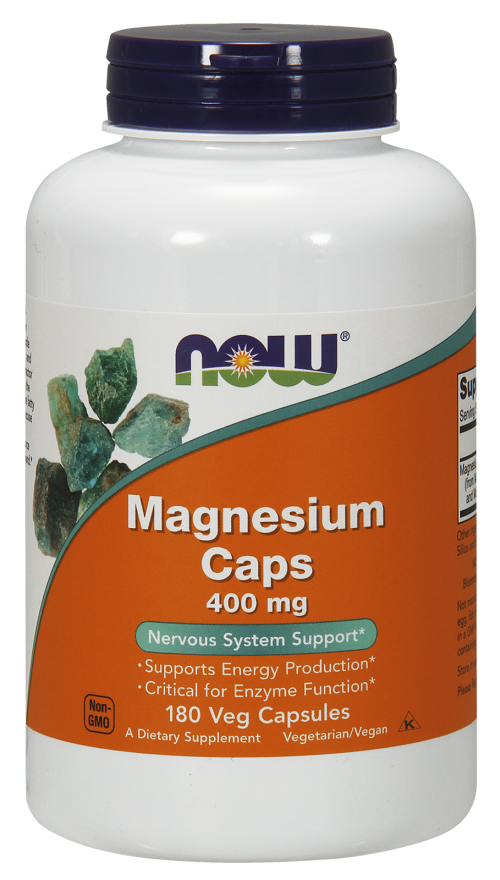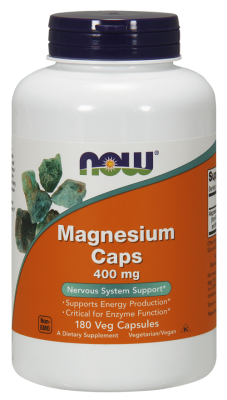Medical researchers have been trying to find the “Fountain of Youth” throughout history and today we may be closer than ever before to figuring out how to push back against age and slow down significantly some of the more dramatic effects of getting older.

No, new research coming out of Turkey today isn’t going to completely roll back the clock and have you looking decades younger after taking a quick dip in some mythical water – but you are going to be able to feel a lot younger, enjoy more strength and endurance, and unlock some of that youthful vigor than might have started to slip away right around your early 30s and only got worse with time.
Turkish researchers have found that men over the age of 65 that have higher levels of magnesium in their blood also have higher concentrations of both IGF-I and testosterone. Researchers have been conducting this test for more than four years now, a test that included over 400 men over the age of 65 – and the findings are currently going through the peer review process.
Researchers began looking into the link between magnesium and testosterone when they started to study just how different the traditional modern diet is compared to the kind of diet that men ate even just 100 years ago or so.
Recognizing that today’s modern man eats considerably less vegetables, a lot fewer nuts, and almost no beans and whole grains (at least compared to what our ancestors ate), they began to look at whether or not elevated magnesium levels through dietary supplementation or dietary changes would actually have an impact on testosterone creation.
Men in this testing protocol were given a single gram of magnesium sulfate every single day and a parallel test was conducted where men took advantage of a popular supplement on the market known as ZMA (a supplement filled with zinc and magnesium).
It didn’t take long to see some pretty incredible results across this 400 man test protocol, and the findings of these researchers in Turkey were further confirms when scientists and researchers from Italy stumbled across the same kinds of findings in a test that they were conducting independently.
Not only that, but researchers found that the relationship between magnesium and the total amount of natural testosterone produced by these men (as well as the levels of IGF-I that they were able to generate) were anything but minor or minuscule. These figures were statistically staggering, leading the researchers to publish their report to little earlier than they had expected to win the first place.
Obviously, more research is necessary to fully understand how magnesium impacts overall testosterone and IGF-I production in the human body. But right now people throughout the medical community – and especially in the fitness community – are very excited at the prospects magnesium supplementation or dietary changes to increase magnesium intake may have on helping push back against ageing, build more lean muscle mass, and live longer and healthier lives.
References:







